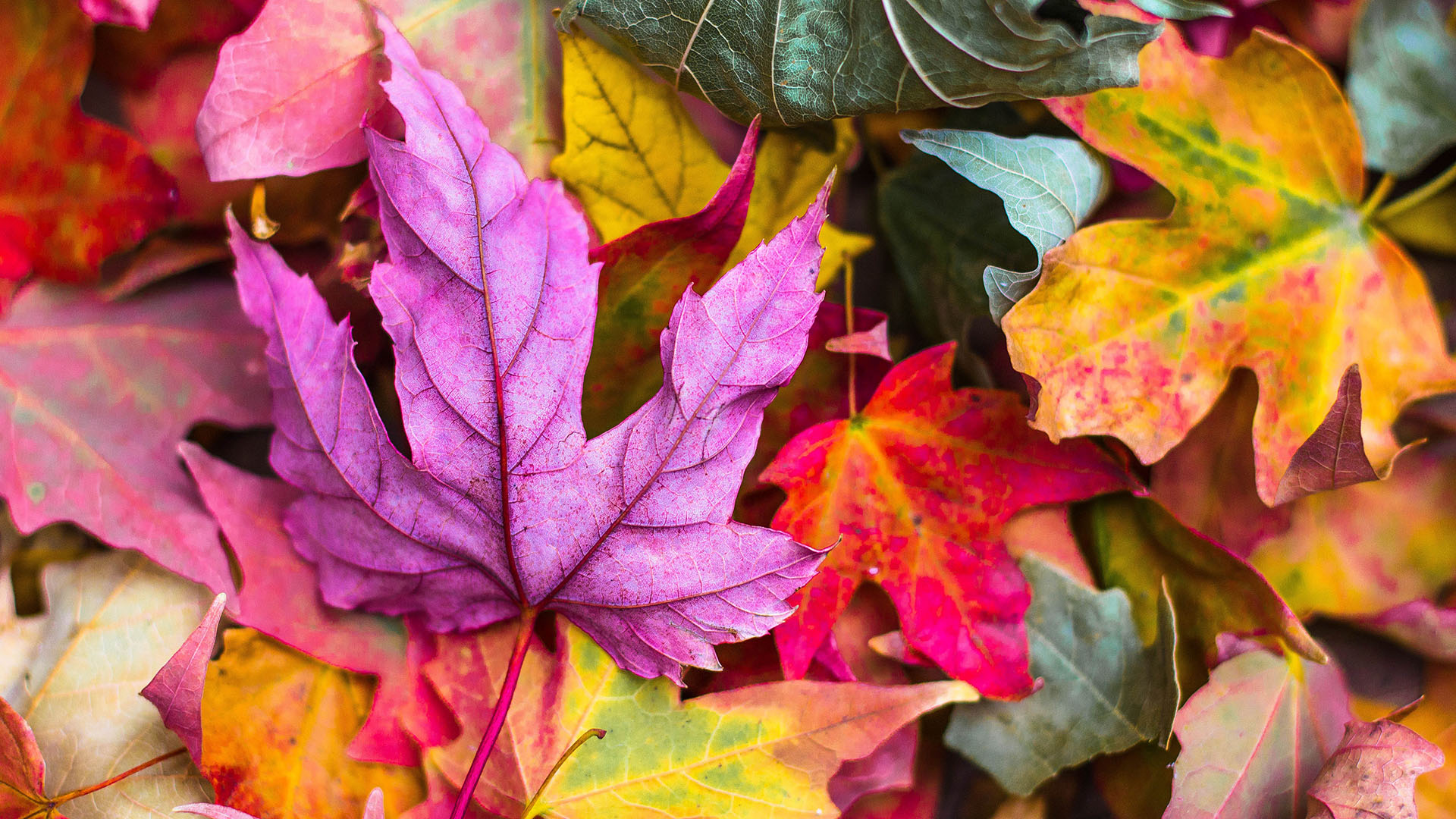When I first came to live in Perth from the UK, I couldn’t believe how blue the sky was, how hot the sun in summer and how much space there was everywhere.
A few years later my husband laughed long and loud when I proclaimed the sea too cold to swim in. Cold? He chided, you used to swim in the English Channel. That was cold, this is warm!
Adapting to change is something that’s always been inherently useful to us as humans and our adaptive nature has meant we’ve been able to survive changes to our circumstances or environment.
And that’s good because our resilience is an indicator of that adaptiveness.
How resilient do you consider yourself to be, and what helps you to stay resilient in the face of adversity?
Whenever I ask this question, I’ll get a variety of answers, but the central theme remains the same.
“I discovered I was more resilient than I thought I was.”
“I came to realise that resilience was more about letting go of what wasn’t useful and doing more of what I could change for myself.”
“I found that rigidly adhering to what I had always believed to be the best option meant I didn’t see the alternatives that might have made life a bit easier.”
Resilience is not about being tough like an old pair of boots, though it does require consistency of application and perseverance, it’s more like a supple leather.
It’s about staying flexible and willing to bend with the circumstances.
After the Great Storm hit the UK in 1987 the country woke up the next morning to pictures of devastation. Eighteen people had been killed, and the Town of Sevenoaks had lost six of its famous trees. Around 15 million trees in total were lost, toppled over like a set of dominos.
In the Caribbean where hurricanes are not infrequent, tree loss is less of a problem because the native trees such as palms weather storms better because they flex in the wind.
Why are some people more resilient than others?
It’s a bit like asking, why do some people sleep better, get less sick often or appear more cheerful than others? There isn’t one thing that determines our differences. Certainly, our childhood experiences play a role. A dysfunctional family background can potentially lead to difficulties dealing with stress or trauma in later life. That vulnerability being also influenced by how much control you had (or thought you had) at the time to influence or change your circumstances.
No matter our background, we can all benefit from developing a deflector shield to protect ourselves from the negative impact of too much stress. These daily habits serve to boost our self-esteem, optimism and belief that things will get better. This is where close friendships and pastimes that take us away physically or mentally from our stressors are especially helpful.
In her last year of High School, our daughter found the ongoing pressure to perform well in her end of year exams was causing her a lot of angst. She became increasingly anxious. Luckily her close friendship group were able to distract her from her worries, she also chose to take up running and asked if she could take up singing lessons. Singing became her new passion, she loved the time spent with her singing teacher flexing her vocal cords and having fun. Singing became her most powerful respite from everything else that going on around her.
Other ways of managing our stress include physical activity. Running is a great way of burning off stress and stimulating the release of our feel-good hormones, dopamine, serotonin and endorphins. For others, mindfulness and other forms of meditation can reduce symptoms of stress, anxiety and depression, help to keep things in perspective and assist in creating and maintaining a boundary between life and work.
Isn’t is just a question of genes?
Partly. Parents of children who appear hypersensitive know only too well the difficulty of knowing how to support their child in building sufficient resilience to cope with the modern world. Research has shown there is a specific gene variant to explain why some kids (to use the Swedish metaphor of orkidebarn and amaskrobarn) grow up as delicate orchids and others as robust dandelions.
Resilience is a skill set that can be learned and modified, and greatly depends on our coping skills. It’s a multifaceted interaction and greatly influenced by the strength of our social network and support groups.
How you choose to nurture your resilience is a personal choice. What counts is knowing what works for you to boost your coping skills, reduce the impact of stress, and assist you to get the most out of life.


